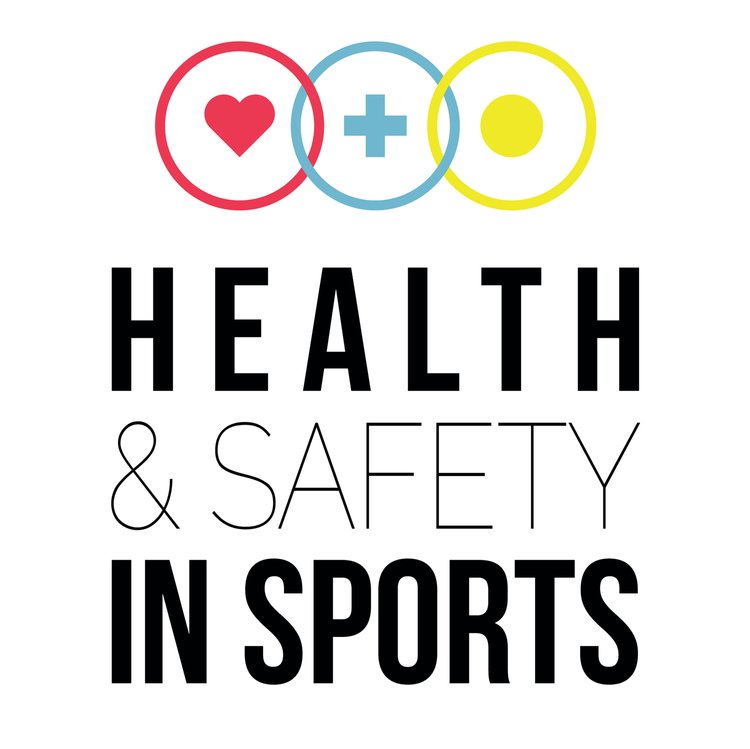Recent studies have shown the value of the insider’s voice and the importance of qualitative research to gain insight into the complex context of injury prevention. This study, which has just got published in BOSEM, explores the experience and opinions of technical and medical staff (head coaches (HCs), fitness coaches (FCs), team doctors and physiotherapists) in professional football regarding injuries, their prevention and implementation of preventive measures. The insights gained from this study could provide practical directions on the ‘who’ and ‘how’ of injury prevention implementation. We were very lucky to closely collaborate with our colleagues in Aspetar on this latest study,
Read MoreEvaluating the Effectiveness of the Golf Related Injury Prevention Program (GRIPP)
Sixty million golfers around the world play golf. Golf injuries are most frequent in the spine, elbow, wrist, hand, and shoulder. There is currently no effective warm-up program for golf injury prevention. Hence, Saskia Gladines stepped in and developed the Golf Related Injury Prevention Program (GRIPP) intervention using the Knowledge Transfer Scheme (KTS) developed out of our group. Now it is time to evaluate this new program’s effectiveness, and in this paper, we describe our protocol to do so.
Read MoreEffectiveness of the IPPON intervention in reducing judo injury rates
Judo is a popular international combat sport with an estimated 20 million active participants worldwide. Although with great health benefits, participation entails a substantial risk of injury. Whereas injury prevention programmes in other sports have been proven effective in reducing injury rates, in judo, such programmes are only described and have never been formally evaluated.
Read MoreCitation impact and reach of the IOC sport and exercise medicine consensus statements
The International Olympic Committee (IOC) has supported developing and publishing consensus statements on various sports medicine topics through its medical and scientific commission. The reach and impact of the IOC statements in peer-reviewed publications have not been evaluated... until now.
Read MoreA qualitative case study of the awareness, uptake and relevance of the IOC consensus statements
This study just appeared online in the renowned British Journal of Sports Medicine. In this study, Evert Verhagen and Caroline Bolling collaborated with our Australian, South African and Canadian IOC Research Centres colleagues. This study explored the policy and practice impact of the IOC Consensus Statements on athlete health and medical team management in two economically and contextually diverse countries.
Read More


